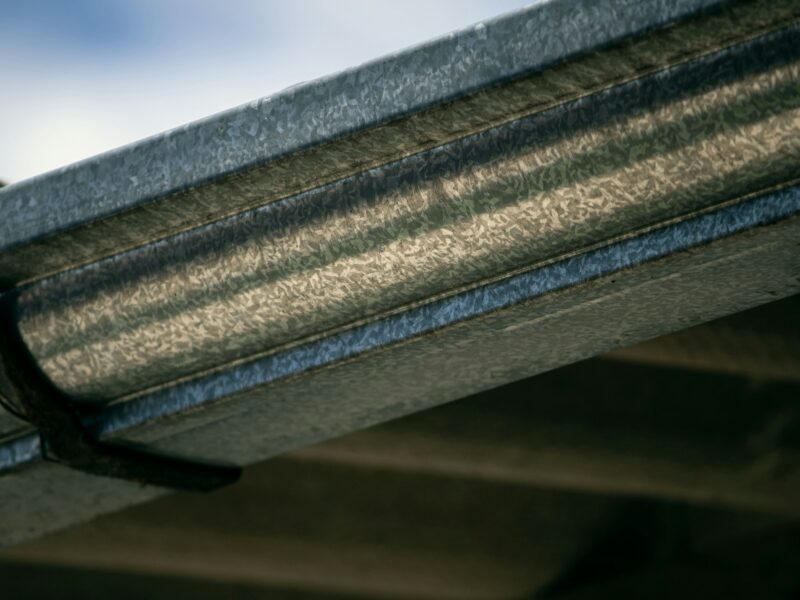When you’re buying a home, the mortgage process can seem pretty complex. With so many potential mortgages to choose from, it can be hard to know which one will work best for you and your financial situation.
However, with a bit of research and understanding of your personal situation, getting the right mortgage shouldn’t be too difficult. If you’re wondering how to refinance your mortgage, these different types available to home buyers will give you plenty to think about. Which mortgage you choose will likely depend on your personal circumstances and financial goals.
In this blog post, we explore some of the primary types of mortgages available to home buyers .
Contents
Fixed-Rate Mortgages
A fixed-rate mortgage is a type of mortgage that offers a set interest rate, as well as a set term length. This type of mortgage will normally have a lower interest rate than adjustable-rate mortgages, because lenders are taking less risk by setting their rate in advance.
It has a set monthly payment amount for the term of the loan, which is good news for budget-conscious home buyers. A fixed-rate mortgage will normally have a set start date, and lenders will expect the full loan amount to be paid off by the end of the term.
A downside of a fixed-rate mortgage is that your monthly payments will not change even if the interest rates in the economy change, which is common in an economic environment with rising interest rates.
If market interest rates rise, your lender might offer you a chance to refinance your loan, but you’ll have to pay a fee to do so unless interest rates have risen significantly.
VA Mortgages
Veterans Affairs offers a special type of mortgage product available to veterans and active military members. This type of mortgage is 100% government-backed, and is often referred to as a VA mortgage.
VAs have significantly lower down payment requirements than many other mortgage types, making them more accessible to home buyers. They are also typically available with a 30-year fixed-rate term. Veterans have a “funding fee” that must be paid when you close on the loan.
The funding fee varies based on your creditworthiness, but is often around 2% of the total loan amount. VAs also tend to have a lower monthly payment than other types of mortgages. VAs have a few unique requirements that other home buyers won’t have to deal with.
For example, the loan must be repaid at the death of the primary borrower or when the last surviving borrower dies. If you are a veteran considering a VA mortgage, be sure to explore your options thoroughly before you commit to a particular lender.
Adjustable-Rate Mortgages
An adjustable-rate mortgage (ARM) is a type of mortgage with a variable interest rate, which means that it will change periodically based on the economy and market conditions. ARM lenders will normally offer a lower initial interest rate to entice home buyers to choose their product.
This lower initial rate is meant to compensate for the fact that the interest rate will reset at a later date and may increase significantly. ARM mortgages are popular among first-time home buyers, as many lenders will offer lower initial payments to home buyers with less financial experience.
The interest rate on an ARM is “reset” or changed after a fixed period of time (often one, two, or three years). This change can cause your monthly payment to rise. If the economy experiences a significant downturn and interest rates drop, however, your interest rate could also drop.
The exact interest rate you receive will depend on the circumstances of the market at the time of your mortgage’s reset date; this is why they’re called variable rate mortgages.
Interest Only Mortgages
An interest-only mortgage is a type of fixed-rate mortgage where the homeowner makes payments only on the interest portion of the loan; the principal portion of the loan is not paid off over the loan’s term.
This type of loan is normally available only to higher-income homeowners who can afford the large initial payment and don’t mind paying a significant amount of the loan off over a long period of time. Interest-only mortgages require an additional monthly payment that is applied toward the principal amount of the loan.
This “principal payment” can be made in one lump sum, or it can be applied as a smaller monthly payment over the life of the loan. Interest-only mortgages can be a good option for homeowners who expect to make significant financial gains in the near future.
It’s possible because the monthly payment on an interest-only mortgage is significantly lower than a standard mortgage. If you take out an interest-only mortgage, be aware that you will have to pay off the loan in full at the end of the term.
This can be challenging for some homeowners, but it can be done with a combination of increased savings and a little extra time in the day.
Co-signed Mortgages
A co-signed mortgage is a type of mortgage that is backed by another, usually unrelated, homeowner. For example, a parent might co-sign on a mortgage with their adult child. This type of mortgage has two primary advantages.
First, co-signers can often qualify for lower interest rates, particularly if they have a good credit score. Second, co-signers are normally not held responsible for paying off the loan if the primary borrower becomes financially unable to make payments.
This means that homeowners with poor credit scores or low incomes may still be able to qualify for a mortgage. Co-signing on a mortgage is not without risk. If the primary borrower becomes unable to make payments, the co-signer is on the hook for the loan.
This can cause financial difficulties for co-signers, particularly if the primary borrower has poor credit and is unable to refinance the loan.
Hybrid Mortgages
A hybrid mortgage is a customized loan that combines the features of two or more standard mortgages. For example, a homeowner seeking a low interest rate and a high monthly payment might choose to take out a hybrid loan and pay a larger down payment than they would with a standard mortgage.
For home buyers with unique financial goals and circumstances, these types of mortgages can be a good option. Hybrids are generally available only from private lenders and can be tailored to fit the specific needs of the homeowner.
This flexibility means that hybrids can have a wide range of features, and homeowners may have to pay a higher interest rate than they would for a standard mortgage.
These mortgages are normally repaid over a shorter period of time than a standard mortgage, making them a good option for homeowners who plan to sell their homes in the near future.
Summary
We hope this post helped you choose which mortgage is right for you when buying your home. As you can see there are many options to choose from and some careful thought into which is best for you will go a long way. Especially in the case of the VA mortgages and others as well.
Did we miss anything? If so, let us know in the comments below.



